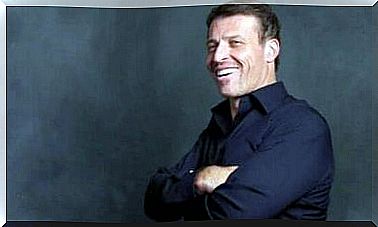Mediating Is About Listening, Not Talking

Mediators are those who work to promote understanding between people. This can be between siblings fighting over their share of an inheritance, between spouses in court over custody of their children or between neighbors who hate each other. The mediators can succeed in getting people who could not be in the same room together to shake hands. The president of the Madrid Mediators Association, Ana Criado Inchauspe, says that the key to successful mediation is to listen, not talk.
Mediation specialists say that the best deal is one where both parties believe that the other has agreed. Another key factor in reaching a good agreement is that it is long-lasting. The mediator acts as the supporting role in a film. The parties involved are the main characters. The work of mediating consists of asking the right questions. A good set of questions helps both parties to listen to each other and encourages their real needs to articulate.
Mediation also seems to be the key factor in the political scene. Political mediation uses the basic characteristics of the country. As a result, the role of the mediator is shown as a resource that enables negotiation. The mediator is there only to facilitate settlement. As such, it must refrain from intervening with various proposals or personal opinions regarding the current conflict.

Mediation – understanding is achieved through an identification needs
Mediation largely consists of the realization that the whole picture is much larger than its individual parts as they were perceived at the beginning of the negotiations. Each party usually brings their own, “perfectly constructed” arguments to the table. They have carefully examined them with their allies, everything is crystal clear and there is no doubt. Yet these arguments are usually based on emotions, not on what has actually happened.
If the goal is for both parties to respect the agreement, they must both be able to accept it. The mediator is there to follow them on the road until they reach the goal. There are specific issues that can be very effective. Ask for example about the future. “What would you like your relationship to look like in five years? What must happen in order for this to be realized? ”
As both parties understand each other’s needs, we see the magic of understanding manifest. Suddenly they change, open their eyes and start apologizing. It can work this way even in the most difficult situations. This strategy can also work in cases involving violence. Mediation is not about talking. It’s about listening to the other person’s needs.

Conflicting positions have a lot to do with emotions
Emotions are what cause about 90% of all conflicts. For example, the fear that if you give after once, it means that you have to give after each time. Or the fear of vulnerability because you have expressed your real needs. Lack of communication causes the remaining 10% of conflicts. This applies to all kinds of confrontations and negotiations. Whether it’s a divorce or a business conflict. In addition, the most difficult conflicts usually occur with the people you love the most. Family, friends, spouses and people we trust. This is because the emotions involved tend to become stronger and the conflict lasts for a longer period of time.
Conflict is a natural human tendency. We are constantly involved in various conflicts. Not only with other people, but also with ourselves. We are social beings and we constantly relate to others. As a result of this constant interaction, we find that we have opposing interests and conflicts arise. It is not really so much about the interests actually being in conflict, it is more that the parties involved have that view. In fact, the agreements that people reach by often mediating simple cooperation are for the mutual benefit.
If communication is the problem
As we mentioned earlier , one of the causes of conflict is poor communication. Communication is basic between two or more people. It can trigger conflicts or resolve them, depending on the strategies of those involved. In that sense, the mediator’s role is also to monitor the communication channels. They must ensure that they are kept open and that they have positive purposes. The ultimate aim is to reach an agreement that makes both parties to a great extent satisfied.









